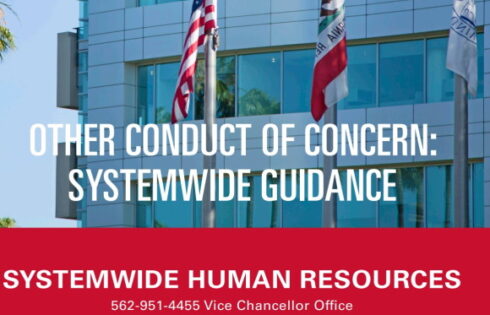
Among apologists’ attempting to ascribe legitimacy to the Libyan war, The Washington Post’s Richard Cohen has to have one of the worst arguments of them all. He vainly searches for a historical analog, only to fall embarrassingly flat. For the young and politically-minded, it’s just painful to read and know that this is what the generation in power is producing.
Cohen’s most recent column harks back to the dark days leading up to WWII, to the 1938 Evian Conference. It was here that Cohen reminds us of a sad episode of apathy (and latent antisemitism) in which the world turned its back on the Jews of Europe.
At the end, only the Dominican Republic agreed to admit additional Jewish refugees, and Hitler, observing matters from Berlin, concluded that the world would permit him to do with the Jews as he wished. He murdered 6 million of them.
The Evian conference is not much mentioned anymore — although it should never be forgotten. It was a monument to international apathy and indifference, not to mention appalling selfishness — “as we have no real racial problem, we are not desirous of importing one,” said the Australian delegate.
So what’s the connection between then and now?
We heard some of those same sentiments expressed by opponents of U.S. intervention in Libya. I do not liken the situation there to the imminence of the Holocaust, only the startling willingness of good people to mask their cold indifference with appeals to fiscal prudence or something similar.
First, Cohen is simply wrong to say he’s not comparing the current situation to the “imminence of the Holocaust.” That’s exactly what he’s doing. There are also numerous other reasons that are better than “fiscal prudence” for not intervening in a sovereign state’s internal conflict generally, and in Libya’s specifically (but that’s better left to another post).
What’s really upsetting here is that Cohen conflates facilitating Jewish emigration and initiating military aggression, in which the U.S. destroys much of another country. It’s astounding. The Evian Conference wasn’t a war cabinet. It was meant to address a refugee problem. And the Jews of Europe were not engaged in a civil war with their respective governments on the European continent. On the contrary, many just wanted to retreat indefinitely, to foreign lands.
Cohen might say he’s simply against the idea of apathy in general, and that’s the analog. Yet context matters, as do prescriptions. I’m amenable to saying we shouldn’t be apathetic toward the plight of oppressed foreigners, but It doesn’t follow that I should necessarily support military intervention, or a refugee program, or any other remedy. Cohen does nothing to address this.
After eight years of interventionist foreign policy, Barack Obama was elected with strong support from the left and especially from youth who were war-weary and cynical. His woeful lack of progress in ending the inherited foreign entanglements has now been met by a war that he willingly initiated. He has committed to the same paradigm of foreign intervention for the purposes of humanitarian and democracy-promoting aims that his predecessor committed to. It knows no partisan bounds.
In February, the Brookings Institute noted that among young leaders surveyed around DC and at leadership conferences, a majority believe that the United States is “too involved in global affairs.” And no wonder. We were born into the halcyon days at the end of the Cold War, watched the final days of the Pax Americana, and spent most of our formative years watching it unravel economically and militarily. An opportunity for hope and change now feels largely squandered.
And to top it off, we have members of the old guard like Richard Cohen to show just how poorly rationalized our current state of affairs can be.
Cameron Parker is the opinion editor of the Daily Tar Heel. He is a member of the Student Free Press Association.
Like The College Fix on Facebook / Follow us on Twitter





Please join the conversation about our stories on Facebook, Twitter, Instagram, Reddit, MeWe, Rumble, Gab, Minds and Gettr.